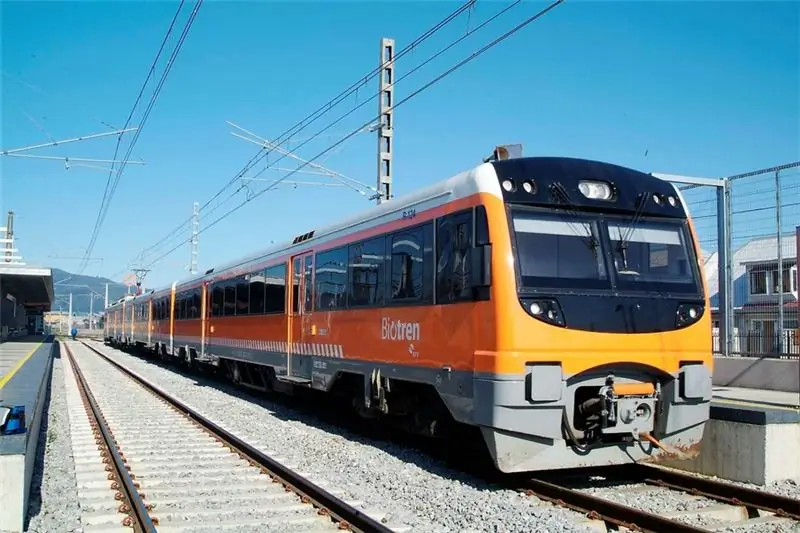
Chile's railways are in good condition. They form a network that covers almost all parts of the country. Passenger traffic is not popular, and therefore does not occur as intensively as freight. If you move north from Santiago, then there is no rail link. Trains in Chile are slow and the fares are high. Intercity buses are much cheaper.
Condition of railways
The transport system is very important for the economy of the state. Chile stretches from north to south for many hundreds of kilometers. The country is located along the coast of the Pacific Ocean and has a length of about 4300 km. From east to west, its length is 350 km. The level of development of the transport system here is the highest among the countries of Latin America. But recently, the government has been implementing significant innovative projects, where the railway sector has been assigned a supporting role, so trains have lost their great importance. Since the 1970s, many of Chile's railways have been closed. In the north of the country, trains are used only for the transport of goods. There are several passenger routes in the south and in the center.
The first shipping company in the country was Pacific Steam Navigation, founded by North American William Wilwright. This company maintained regular service between Liverpool, England and the ports on the Chilean coast. Subsequently, the company built a railway linking Calder with Copiapo, as well as a track between Santiago and Valparaiso. The length of the railway lines is now more than 8000 km. Chile's railways have branches to all important ports.
Conditions of passenger transportation
Passenger cars are of different classes and differ in the degree of comfort. In addition to the national railways, Chile has a system such as the subway. Trains run on the Rancagua - Santiago line. The carriages here resemble subway cars, and the trains move at high speed. The state transport rail network serves passengers in different ways, depending on the space occupied in the carriage. All customers of the national carrier suffer from track problems and delays. The country's urban transport is metro and buses. The metro operates in Santiago and is an example of high quality service. The Chilean metro has 3 lines: red, green and yellow.






